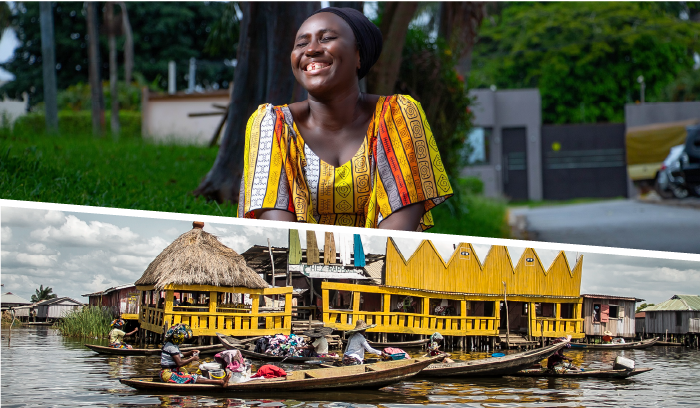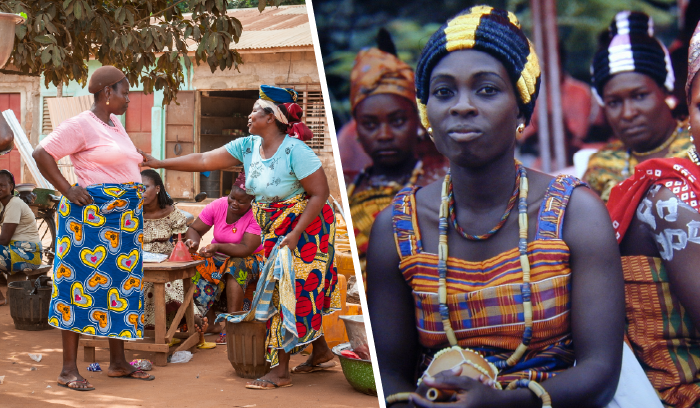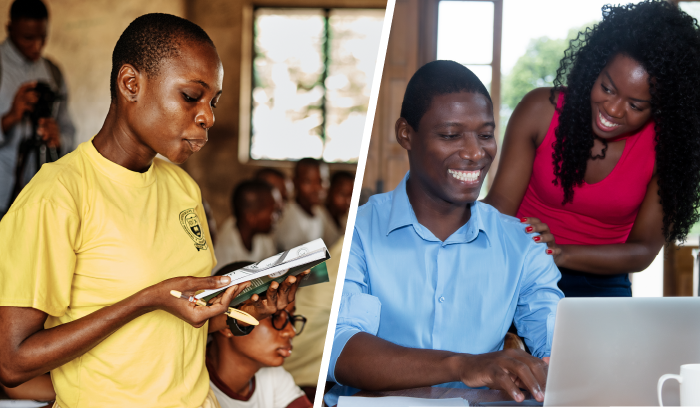
Introduction
The UN CC:Learn West Africa Hub aims to build the capacity of future and current professionals, men and women, from Sahelian and West African countries on climate change through knowledge and experience exchange and South-South collaboration, while promoting a sustainability strategy to ensure that the Hub’s achievements are sustained over the long term.
Created in 2018, building on the experience of UN CC:Learn projects in Benin, Burkina Faso and Niger, the Hub is hosted by AGRHYMET, Centre Climatique Régional pour l’Afrique de l’Ouest et le Sahel (CCR-AOS) and brings together its 13 member countries: Benin, Burkina Faso, Cape Verde, Côte d’Ivoire, Gambia, Guinea, Guinea-Bissau, Mali, Mauritania, Niger, Senegal, Chad and Togo.
Target Audience
- Governments (civil servants)
- Training institutions
- Young people
Professionals in other fields and the general public can also benefit from the platform’s activities.

Overview of Activities
A first phase was concluded in 2021. More information is available here (English, French, Portuguese).
Building on the achievements of the first phase, consultations and a regional mission on climate change learning priorities, the second phase of the project focuses on mobilizing national and international resources to strengthen Action for Climate Empowerment (ACE), in line with identified priorities, across the region. This effort is accompanied by support for experience and knowledge sharing, and the development of new learning resources.
A briefing note and timetable for the second phase are available here. More details are presented in the following sections.
Declaration
To support the mobilization of additional resources to promote education, training and awareness-raising on climate change in West Africa, a regional declaration is being developed under the leadership of 8 interested countries, including 6 Hub member countries – Burkina Faso, Côte d’Ivoire, Guinea, Niger, Senegal and Togo, as well as Ghana and Liberia. The key stages of this process are included below:
Meeting at COP27
Regional Mission (visit to 6 countries)
Meeting at SB58
Inventory of regional best practices (6 countries)
Partnership Development
- Discussions continue with several partners and potential donors to mobilize further support.
- Support for several training and awareness-raising activities on climate change for two countries provided through the NDC Partnership; project proposal submitted for support to a third country.

Experience and Knowledge Sharing
- ACE Focal Points and their collaborators had the opportunity to exchange and develop their knowledge – either face-to-face or online – on the evaluation and monitoring of action for climate empowerment (ACE) through the Academy for ACE Focal Points and the 2023 ACE Dialogue, dedicated to this theme. These two events, organized by the UNFCCC Secretariat in collaboration with several partners, including the Monitoring and Evaluating Climate Communication and Education (MECCE) project and UNITAR, took place from June 7 to 9, 2023 during the SB58 Conference in Bonn. More information on these events, including delivered presentations and recordings (for public sessions) is available on the dedicated web pages mentioned above.
- Experience and knowledge sharing webinars – based on the common priorities identified during the regional mission to West Africa, a series of webinars will be conceptualized to further promote experience and knowledge sharing in the field of climate change training between interested stakeholders.
Strengthening Young People’s Knowledge
- Based on Benin’s experience and UN CC:Learn’s regional experience in southern Africa, a regional radio program on climate change with a particular focus on youth will be conceptualized.
- Young people in the region have the opportunity to participate in training activities for young people organized or supported by UN CC:Learn at global level, including the Climate Youth Negotiator Programme, the Youth Climate Dialogue, the NDC Partnership Youth Engagement Forum and the Climate Classroom.
E-Learning
Support is provided for the development of online climate change education, contextualized for West Africa, in collaboration with AGRHYMET and other training institutions. AGRHYMET’s course entitled “Integrating climate change into national, sectoral and local policies” is available here.
More than 20 other online courses on topics related to climate change and the green economy are available for free on the UN CC:e-Learn digital platform and are open to anyone interested, offering United Nations certification.

